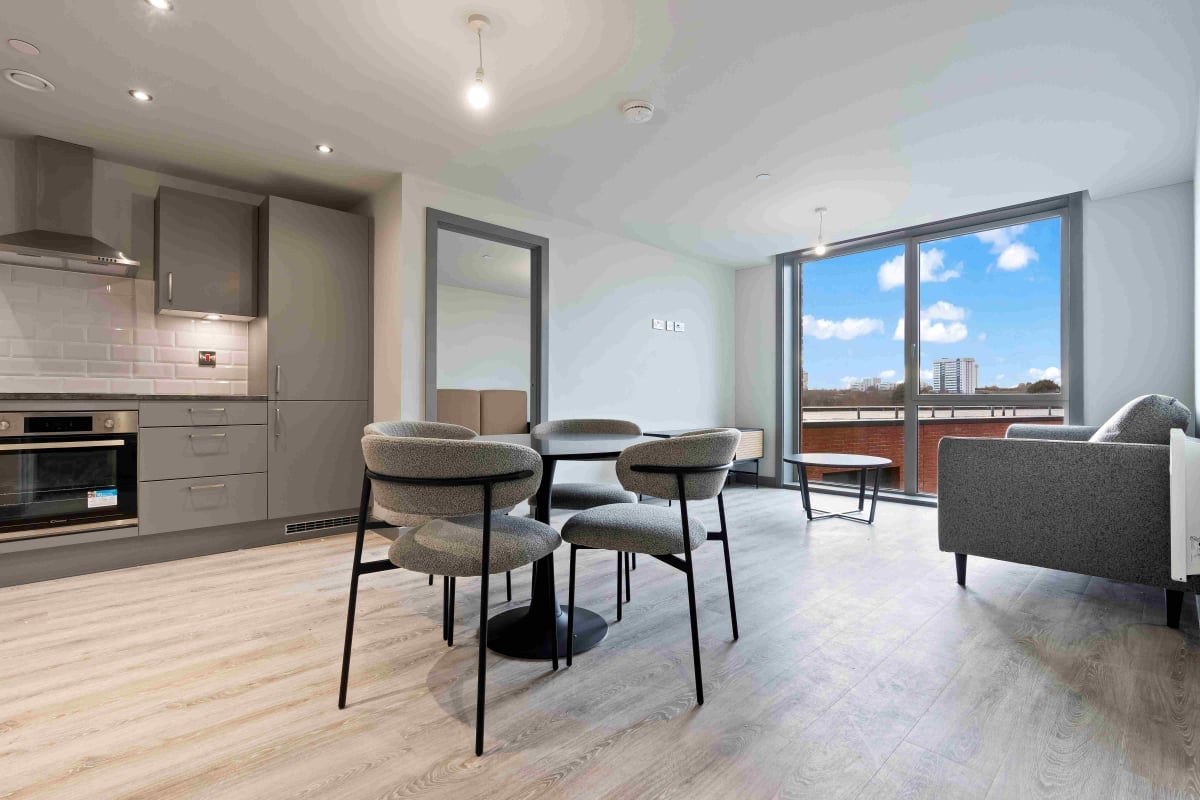Maximising Rental Income: Strategies to Minimise Void Periods

Void periods - or intervals when a rental property remains unoccupied - pose a significant challenge for landlords, leading to lost income and increased expenses. For landlords utilising platforms like Emoov for self-marketing, proactively addressing potential vacancies is crucial to maintaining a steady rental income. Here are key strategies to help minimise void periods:
1. Competitive and Realistic Pricing
Setting an appropriate rental price is fundamental to attracting tenants promptly. Conduct thorough research on local market rates to ensure your property is competitively priced. Overpricing can deter potential tenants, leading to prolonged vacancies, while underpricing may result in financial losses. Regularly reviewing and adjusting your rental pricing in response to market trends can enhance your property's appeal.
2. Effective Marketing Techniques
Utilise the full potential of the Emoov platform to showcase your property:
- High-Quality Visuals: Invest in professional photography to highlight your property's best features. Clear, well-lit images can significantly increase interest.
- Detailed Descriptions: Craft compelling and accurate descriptions that emphasise unique aspects of the property and its surroundings. Highlight nearby amenities, transport links, and community features.
- Virtual Tours: Offering virtual tours can provide prospective tenants with an immersive experience, allowing them to explore the property remotely and increasing engagement.
3. Prompt Response to Enquiries
Timely communication is vital in securing tenants. Respond promptly to enquiries to demonstrate professionalism and reliability. Quick responses can prevent potential tenants from seeking alternative options and show your commitment to their needs.
4. Property Maintenance and Presentation
A well-maintained property attracts tenants more readily:
- Regular Upkeep: Conduct routine maintenance to ensure the property remains in excellent condition. Addressing minor issues promptly can prevent them from escalating into major problems
- Cleanliness: Ensure the property is clean and presentable for viewings. A tidy environment allows prospective tenants to envision themselves living there.
- Neutral Décor & Flooring: Opt for neutral colours on walls and flooring to appeal to a broader range of tenants. Light, neutral tones make spaces feel larger and more inviting, while durable flooring, such as laminate or vinyl, is practical and easy to maintain.
- Furnishings: If offering a furnished property, provide good quality, neutral furniture—think IKEA rather than a collection of mismatched, unwanted items. Poor-quality or dated furniture can make a property feel unkempt and deter potential tenants. In many cases, offering an unfurnished property gives tenants more flexibility and broadens your appeal to different renters.
5. Flexible Viewing Arrangements
Accommodate prospective tenants by offering flexible viewing times, including evenings and weekends. This flexibility can increase the number of potential tenants viewing the property, thereby reducing the vacancy period.
6. Tenant Retention Strategies
Retaining existing tenants is one of the best ways to minimise void periods and maintain a steady rental income. Happy tenants are more likely to renew their lease, reducing turnover costs and potential vacancies.
- Open Communication: Maintain clear and respectful communication with tenants to address concerns promptly and build a positive landlord-tenant relationship. A good rapport can encourage tenants to stay longer.
- Prompt Response to Issues: Being proactive with maintenance requests and addressing any problems quickly demonstrates reliability and care for your tenants' well-being. A slow response can lead to frustration and an increased likelihood of them seeking a new home.
- Regular Property Visits: Visit at least every six months to ensure you are fulfilling your landlord obligations and to discuss any issues the tenant may have. These visits should focus on property upkeep and tenant needs rather than personal lifestyle choices. Avoid commenting on how the tenant is living unless their actions are causing damage to the property. Instead, use this opportunity to showcase your commitment to maintaining a high-quality home.
- Incentives for Renewals: Offering small incentives, such as minor upgrades or a slight rent freeze for long-term tenants, can encourage lease renewals and increase tenant satisfaction.
7. Financial Preparedness
Despite best efforts, some void periods may be unavoidable. Establish a financial buffer to cover mortgage payments and other expenses during these times. This preparation ensures financial stability and reduces stress when vacancies occur.
Conclusion
Minimising void periods requires a proactive and strategic approach, especially for landlords managing their properties independently through platforms like Emoov. By implementing competitive pricing, effective marketing, prompt communication, diligent maintenance, flexible viewings, tenant retention efforts, and financial preparedness, landlords can significantly reduce vacancies and enhance their rental income.
Image is from a fantastic 2 bedroomed apartment in Birmingham's City Centre. Available to rent March 2025. For the full listing see here










